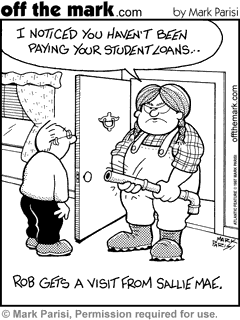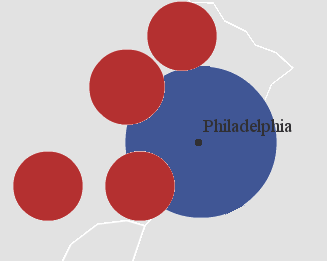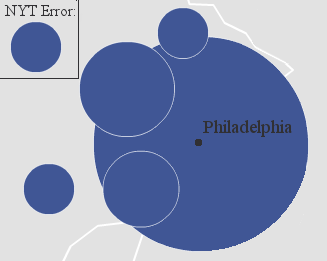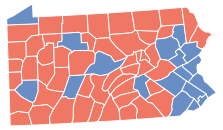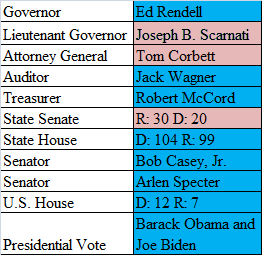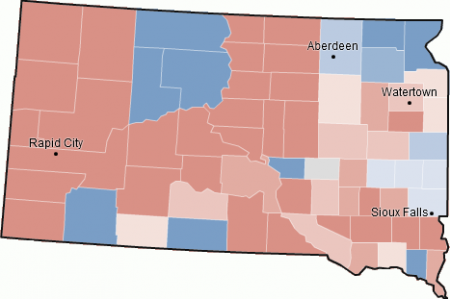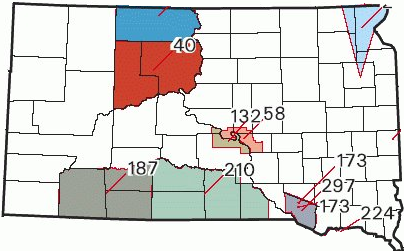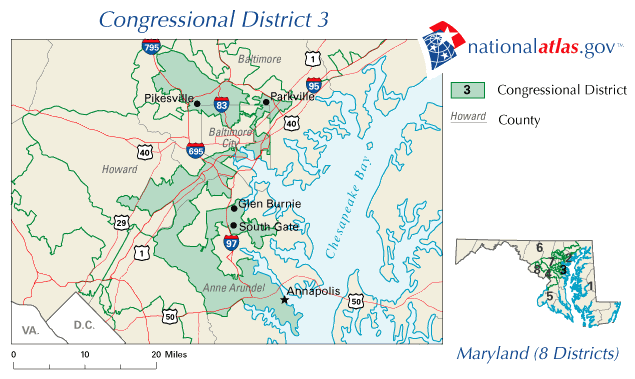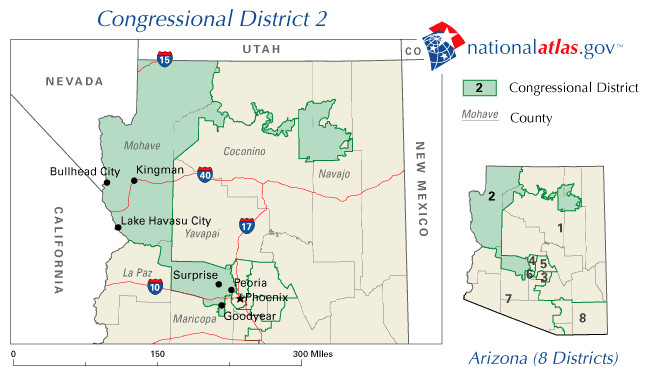By: Inoljt, http://mypolitikal.com/
Believe it or not, Tuesday was election night. Several million Americans voted (or more accurately, did not vote) in mostly local races.
These results provide a helpful snapshot of the national mood. Polls may be inaccurate, or – more commonly – different pollsters may have different pictures of the public mood. Unlike polls, elections have that useful tendency of never being wrong.
Special elections for congressional districts are especially convenient, because there is already a wealth of accumulated data about them. Moreover, because name recognition of both candidates is generally very low, they come as close as one can get to “generic Democrat versus generic Republican.”
Quite happily, a special election occurred on Tuesday in one such congressional district. Specifically, voters in Florida’s 19th congressional district went about replacing retired House Representative Robert Wexler. Here are the results:
More below.

